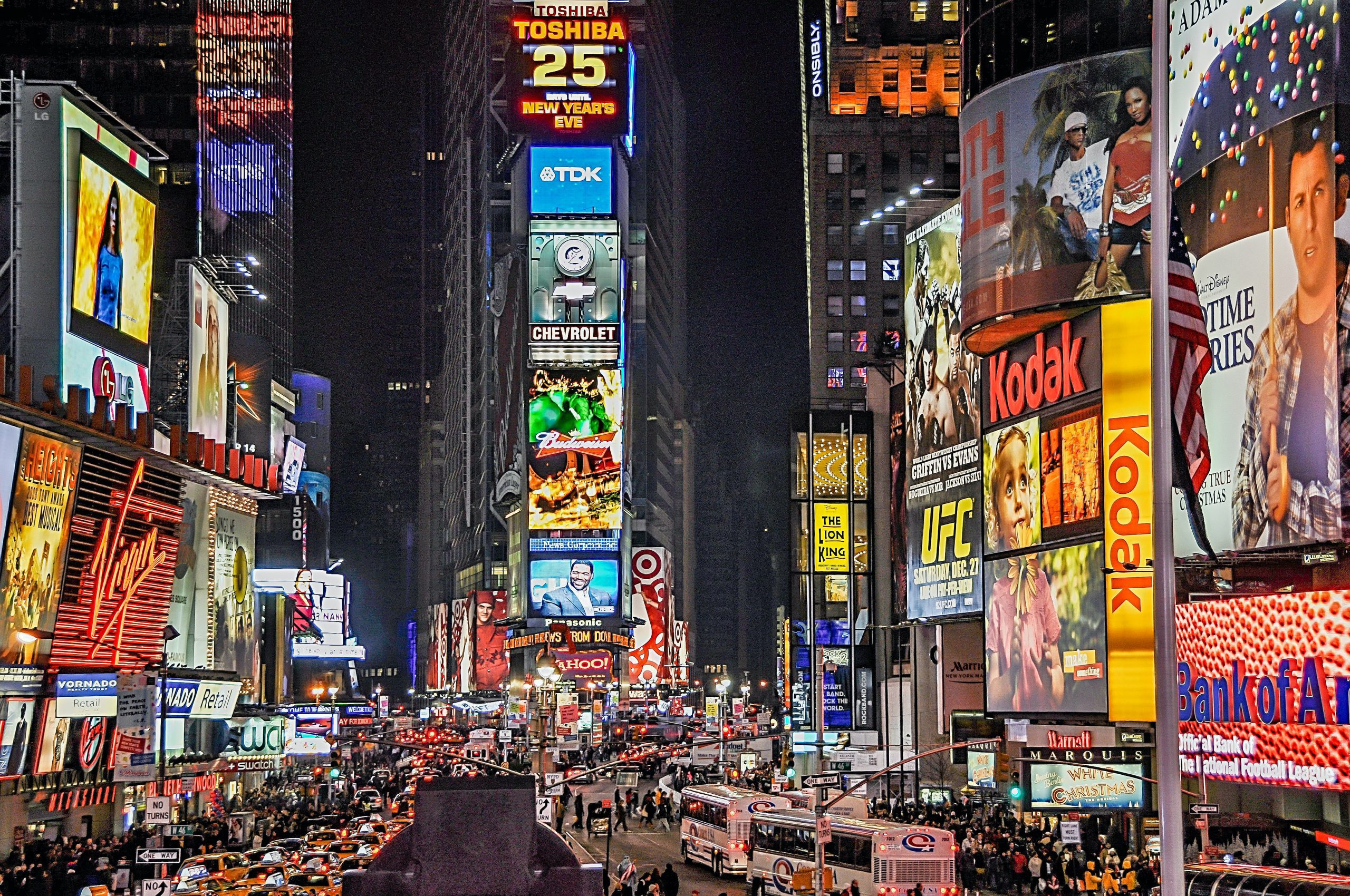Author: Abhishek Singh
What people often fail to recognize, is that the free market is, by all means, an economic democracy. Every penny one uses in the marketplace is like one of the many votes that person gets to cast in choosing how exactly to allocate millions of resources, for each of which a number of alternative uses exist. Whether one is concerned about the quality of service available to people as customers or their treatment as workers, the profit incentive allows for the most ‘fair’ allotment of resources possible.
All economic enterprises have to earn more than what they spend to be sustainable. This is all the profit incentive means, to want to earn more than one spends. In pursuit of a profit motive, customer satisfaction is paramount. If the customers overwhelmingly choose to not buy your product and instead buy another, then the enterprise would not be able to cover its costs and would go under. Interestingly, this exercise of preferences from the end of the consumers has a domino effect – how much of a particular product is bought by the consumer gives information to the producer of that product about how much investment into producing a particular product is economically worthwhile, which in turn guides their decisions regarding the amount of investment that they ought to make in the various factors of production.
For instance, milk can be used in making coffee as well as ice-cream. Speaking very simplistically, if the owner of the coffee shop is more profitable than the owner of the ice cream parlour, they would consider it economically more profitable to buy more milk than would the owner of the ice-cream parlour. What happened, therefore, is that milk got distributed amongst different potential users in accordance with the preference of its consumers, and this happens with all other factors of production as well – whether it be other such raw material, machinery, or labour. From the point of view of the consumer, the unwavering standard is that of profitability.
The customers, by ‘voting’ for their preferences with their money, make different economic endeavors economically viable to varying degrees, thus allowing for an efficient distribution of resources guided by the preferences of those who are to be ultimately served by the finished products.
Those who seek to safeguard the interests of the marginalized ignore the fact that there can be no proper allotment of resources without the market prices that emerge out of a free market run by the profit incentive. It is not enough to say that one would act ‘in public interest’ – there is no easy way to determine the best allotment of resources at any given moment in time without market prices, and the people who would make these decisions without prices will be just as fallible as those who vote with their money in the marketplace.
On the philosophical level, this points to an important insight: the choice between the free market and a ‘guided’ or ‘regulated’ market is not one between an arbitrary and compassionate society – it is one between a society where everyone collectively influences decisions about how resources are used, versus one where a select few hold disproportionate influence on such decisions get to make that decision.
The problem with the latter must be obvious. Democracy in decision making is morally valuable in and of itself, but even consequentially speaking; without market prices borne out of mutually beneficial exchanges determining resource allocation, economic benefits can only be allocated to someone at the expense of another. Prosperity becomes zero-sum. It is always important to remember that in this sense any lack of efficiency hurts those at the lower rungs of the society the most – in fact speaking purely in historical terms, the same system that produces economic inefficiencies happens to be those that
This is why, contrary to popular belief (at least in academic or intellectual circles), all those who otherwise suffer from deprivation or indignities on the economic or socio-cultural front, prefer to maintain economic independence in the management of their affairs. Even in such important things as education and healthcare, even in a country like India, people prefer to choose for themselves and rely on their personal savings whenever they can, because it is liberating.
This piece solely expresses the opinion of the author and not necessarily the organization as a whole. Students For Liberty is committed to facilitating a broad dialogue for liberty, representing a variety of opinions.






